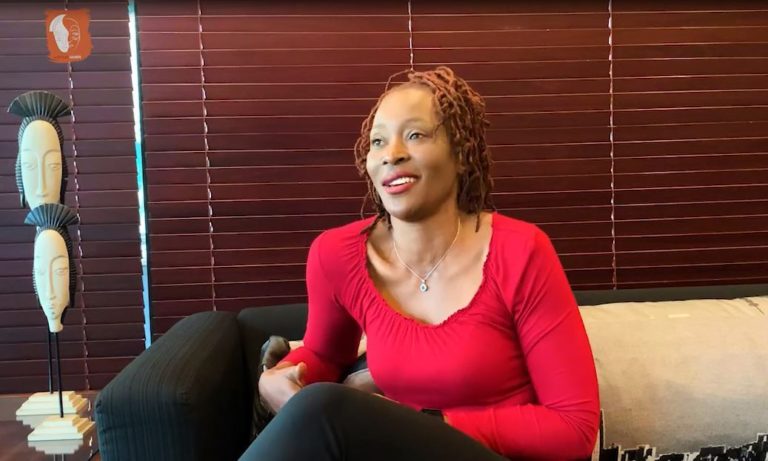Is Freelancing for You?
The earliest recorded use of the term “free lance” was in 1819 from Sir Walter Scott’s Ivanhoe, in which a feudal lord calls his paid army “free lances”. The two separate words became used to describe a medieval mercenary who would fight for whoever paid them, like a Middle Ages “gun for hire”, and as Merriam Webster says – freelancing has been a “battle” ever since. Do you want to join the battle? We’ve put together five points to help you assess whether a career in freelancing is for you.
- Freelance Statistics
“I didn’t want an unsatisfying career. And I didn’t want to commit to one place – either one company or one location. I wanted to make my own decisions.” Rocco Baldasarre
Africa and South Africa
Africa has 10.1% of the world’s freelancers – with more growth expected. The most common business sectors for freelancers in Africa include economics, graphic design, translating, writing, photography and technology.
In this country, The Southern African Freelancers’ Association (SAFREA) recently shared new statistics and insights into the local freelance world. Interestingly, in their survey of nearly 400 people, women dominate in the world of freelancing with more than 77% female respondents and they also found that freelancing has no age limit; with feedback ranging in age group from 19 to 80. (Download the full report here.)
The United States
In the United States there are 53 million people doing freelance work, making up 34% of the national workforce. In addition to this, twice as many freelancers have seen an increase in demand in the past year as have seen a decrease.
Freetrain goes on to report that the average weekly hours spent freelancing in the US increased by 72 million hours per week from 998 million in 2015 to more than one billion hours per week of freelancing in their latest findings. This is largely attributed to technology simplifying work online as 64% of freelancers found their work via the internet, a 22% increase since 2014.
The EU
“Freelancing in Europe” reports that freelancing in the EU is the fastest growing labour segment, having increased by 45% from just under 6.2 million to 8.9 million in 2013, to 11 million in their most recent find. The report echoes what we’re seeing in Africa too:
“The digital revolution has empowered many talented people to become freelancers, i.e. self-employed workers who have their own company but do not employ other people – consultants, graphic designers, web developers, SEO experts…”
- What’s the difference between being self employed and a freelancer?
“Freelancers write, design, consult, advise, do taxes and hang wallpaper. Freelancing is the single easiest way to start a new business… Entrepreneurs use money (preferably someone else’s money) to build a business bigger than themselves. Entrepreneurs make money when they sleep. Entrepreneurs focus on growth and on scaling the systems that they build. The more, the better.” Seth Godin
Generally speaking, being self-employed or an entrepreneur means you would probably focus on one type of work or project – this could be for a client or work you create for yourself without being directly employed by someone.
A freelancer may be skilled at a number of things (for example: writing, editing and proofreading) so they are more likely to have different project with a range of different clients, perhaps even from different fields of work.
- Does it actually matter what we call ourselves?
“The only really committed artist is he who, without refusing to take part in the combat, at least refuses to join the regular armies and remains a freelance.” Albert Camus
It does matter how you define yourself: whether it is a freelancer or self-employed or an entrepreneur. It matters because knowing who you are gives you the ability to map out a clear business model, it helps identify and focus on your skills, and it helps with what to say “no” to – especially if you want to have a high level of independence.
According to Entrepreneur, John Rampton, freelancing is the less risky and more affordable option if you want to start a business. You already have the skills and it doesn’t require much money to kick-off. His article, The Self-Employment Identity Crisis, encourages aspiring freelancers / self-employed people define who they are by answering the following questions:
- Where do I spend my time?
- Do I feel like I’m working for myself or someone else?
- Do I make a living off skills or ideas?
- Do I sell products or services?
- What’s my end goal?
- Is there a freelance “personality”?
“Freelancing really boils down to autonomy, control, and flexibility: the autonomy to work in the way they want to, control over what they do, and the flexibility to work when and where they want.” Steve King, Emergent Research
Freelancing does require a certain type of personality and commitment. Explore this more by reading Amy Gallo’s article in the Harvard Business Review called “7 Questions to Ask Yourself Before Going Freelance”.
Before launching your career as a freelancer ask yourself what temperament you have. If you’re an extrovert, the isolation and loneliness s of freelancing may become an issue. If you’re an introvert you may struggle with growing your freelance network or with losing connection with people which is isolating.
Other things to be aware of before going out on your own:
- In demand skills are essential
- A wide and diverse network is important (think about improving your LinkedIn profile and being more active on the platform for this)
- Discipline AND flexibility is a must, as well as;
- Having enough financial capital to live on for about six months.
This last point is important because freelancing has built in uncertainty – lack of work, payments on time, taxes and unexpected expenses.
- What can I do as a freelancer?
“The supreme accomplishment is to blur the line between work and play.” Arnold J. Toynbee
This goes back to temperament as well as talent, but there are some great ideas online from websites such as The Balance Careers, who include suggestions such as: Editing, proofreading, content writing (blogs / social media / PR), transcribing, being a virtual assistant, data entry, digital design (websites, newsletters, social media) and online tutoring.
“You can think of freelancing as volatile and risky, or as flexible and opportunity-rich. Doesn’t having multiple sources of income and multiple moneymaking skills sound less risky than putting all your eggs in one employer’s basket? Freelancing lets you shift gears when the world does.” Sara Horowitz, Freelancers Union, Author of The Freelancer’s Bible
Useful platforms for freelancers:
- The Resource Creative Forum Group on Facebook
- The Resource Job Board on Facebook
- Upwork
- Freelancer
- Fiverr, and the;
- Matoyana Media Podcast for inspiration!






